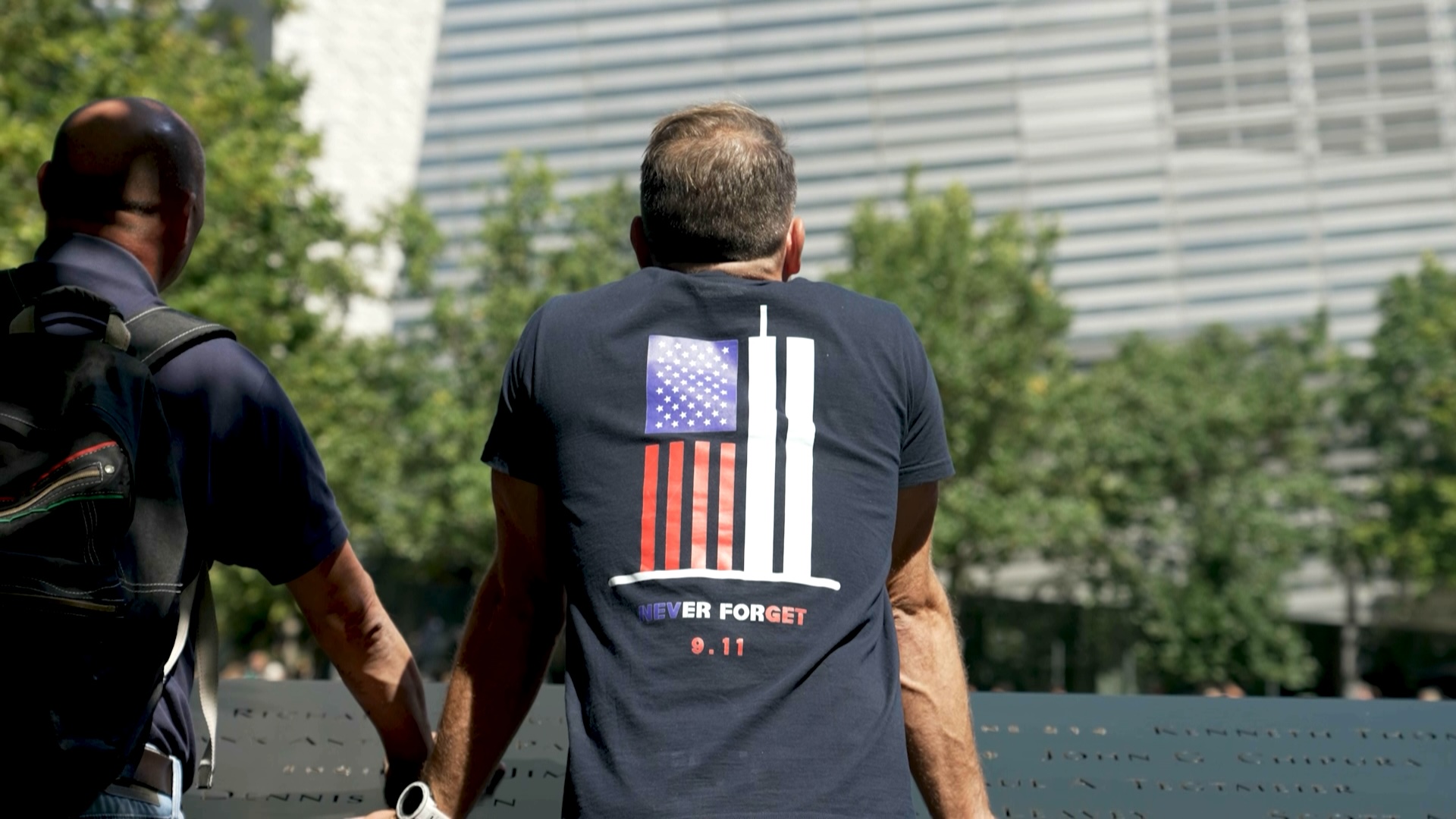First responders and other survivors of 9/11 are continuing their fight for the future of a federal health program that's saved thousands of lives.
"9/11 didn't end on 9/11," Michael Barasch, a top New York attorney representing first responders and civilians like himself who returned to ground zero within weeks of the terror attacks on September 11, 2001, told Scripps News Group. "Because so many people continue to get cancer. They've now linked 69 cancers to the World Trade Center toxins, and we're in need of more money, sadly, for the World Trade Center Health Program."
Barasch was eventually diagnosed with prostate cancer through the World Trade Center Health Program, which provides free annual health screenings and treatment to more than 130,000 people across the United States.
But the program has been endangered by staffing and funding cuts by the Trump administration.
The program is credited with early diagnosing thousands of people with multiple cancers that have been linked to toxins that filled the air for weeks after the attacks.
"And that can make the difference between catching something at stage one versus stage four cancer. So, the health program saves lives," Barasch said.
RELATED STORY | ‘Unconscionable’: Federal cuts threaten future of 9/11 health program
Barasch, along with first responders and other members of the 9/11 community, have repeatedly lobbied Congress to approve additional long-term funding for the World Trade Center Health Program and reverse major cuts carried out by DOGE earlier this year. Although the program is authorized until 2090, Congress has had to vote several times to approve additional funding to keep it from running out of money amid rising healthcare costs and increased enrollment.
"That health program is in danger of running out of money and not being able to accept new patients in two years. And people aren't going to stop getting cancer in two years," Barasch said.





